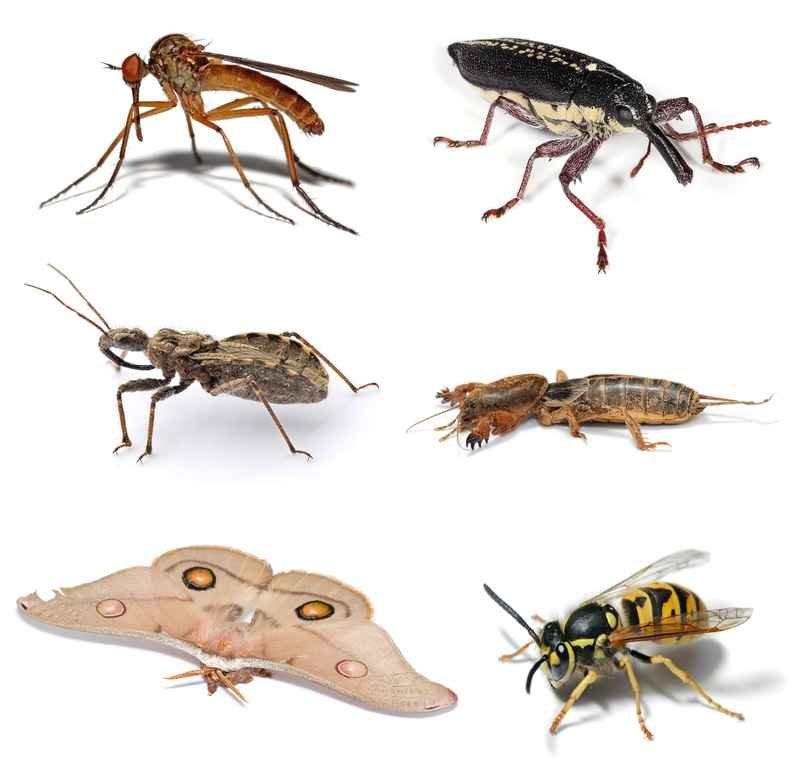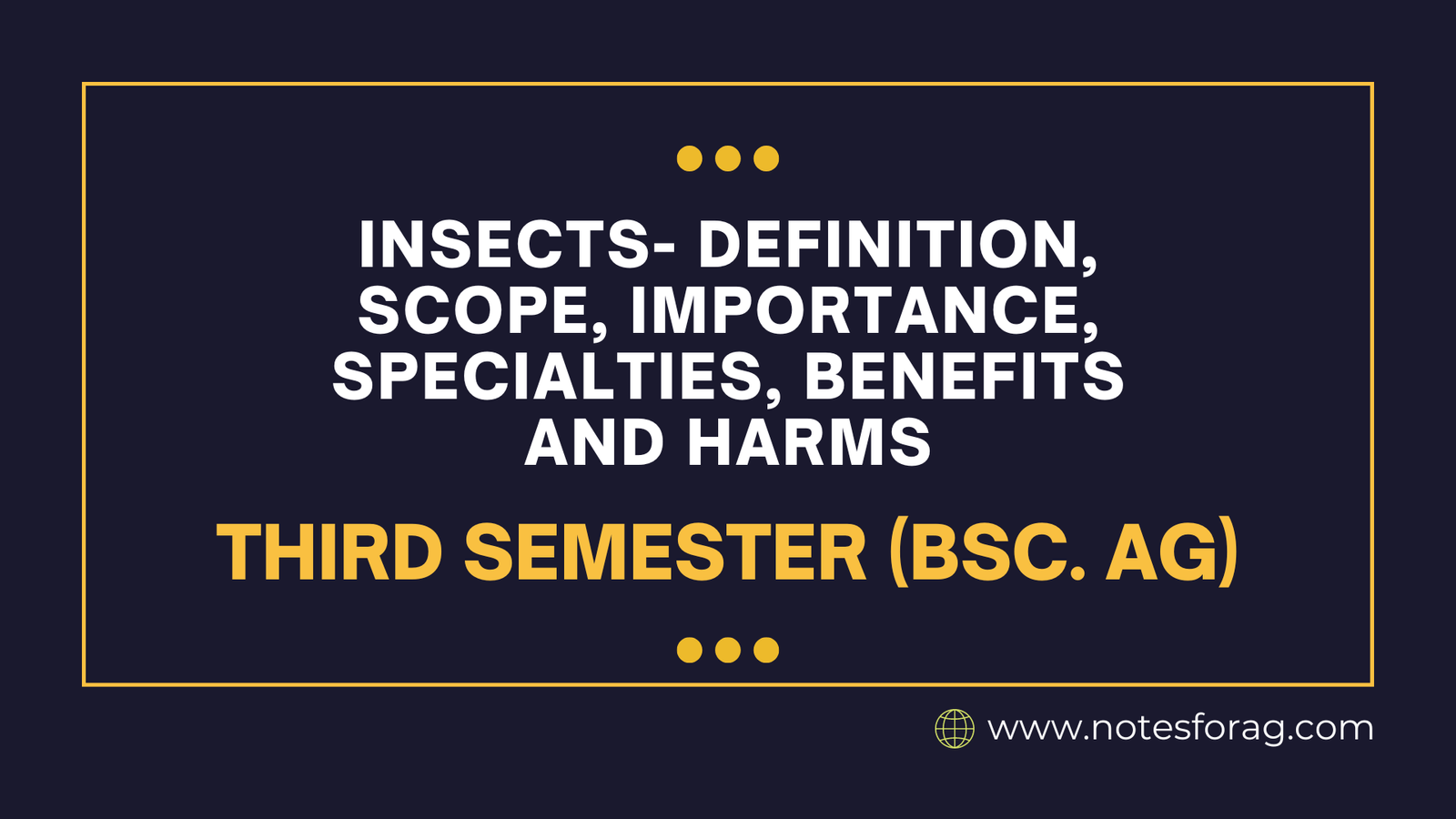Insects, members of the class Insecta, are the most diverse collection of organisms on Earth, playing important roles in ecosystems and human life. Entomology includes taxonomy, physiology, ecology, and applied applications such as agricultural and medical entomology. They play an important role in biodiversity and ecological balance by pollinating, decomposing, and providing natural pest management. However, they also pose risks, such as crop damage, disease transmission, and property damage. Because of their widespread influence, insect research is critical for controlling both their advantages and risks.
Table of Contents
What are Insects?

Insects are a class of invertebrate in the Arthropoda phylum that is differentiated by their distinct biological traits and vast diversity. They are world’s biggest animal group, and are classed as Insecta, which is defined by a number of fundamental characteristics. One of the most distinguishing features of them is their exoskeleton, a hard outer coating that offers structural support and protection from environmental threats. This chitin-based exoskeleton distinguishes them and allows them to thrive in a variety of settings, including forests and deserts.
Scope of Entomology
Entomology covers a broad range of topics, including:
- Systematics and taxonomy: Classification and identification of insect species.
- Physiology and Biochemistry: The investigation of how they work internally, particularly their metabolic and reproductive processes.
- Ecology: Insect-environment interactions, including food webs and ecosystems.
- Evolutionary biology: Investigating how they have evolved and adapted over millions of years.
- Applied entomology: Examines the economic and practical aspects of them, such as pest control, pollination, and forensic entomology.
Importance
They are fundamental components of our ecosystems, fulfilling various roles that are crucial for environmental stability and health.
- Ecological role: They are important to ecosystems because they pollinate, decompose, and provide food for other species.
- Economic Importance: Many of them have a direct impact on agriculture, medicine, and industry.
- Biodiversity: They contribute significantly to biodiversity, which aids in ecological resilience.
Specialties in Entomology
- Medical and veterinary entomology: Mosquitoes, lice, and fleas are among the insects studied for their effects on human and animal health.
- Agricultural Entomology: It focuses on insects that damage crops and agricultural productivity.
- Forensic entomology: Uses insect growth stages to aid criminal investigations, notably in determining the moment of death.
- Insect Behavior and Physiology: Examines insect communication, reproduction, and survival tactics.
- Insect Conservation: It focuses on the protection of insect species, particularly those that are endangered or play an important role in ecosystems.
Benefits
- Pollination: Bees, butterflies, and others are essential for pollinating food crops and wildflowers.
- Decomposition: Insects such as beetles and ants decompose organic debris, restoring nutrients to the soil.
- Natural Pest Control: Predatory insects help to manage the populations of hazardous species, minimizing the demand for chemical pesticides.
- Silk and Honey Production: Silkworms and honeybees produce useful resources for humans.
- Scientific Research: In genetic studies, insects such as fruit flies (Drosophila melanogaster) play an important role.
Harms
- Crop Damage: Locusts, aphids, and caterpillars can cause extensive harm to crops.
- Disease Transmission: Mosquitoes, ticks, and fleas can transmit diseases such as malaria, dengue, and Lyme disease.
- Allergic Reactions and Bite: Bees, wasps, and ants, can produce allergic reactions or painful stings.
- Destruction of property: Termites and other wood-boring insects can do structural damage to buildings.
- Nuisance Insects: Some insects, such as flies and bed bugs, cause pain for humans but do not spread disease.
Insects are extremely diverse, serving both positive and destructive functions in human life and ecosystems. Their research enables us to control their influence, whether by promoting their benefits or limiting their risks.
Frequently Asked Questions
What are insects?
Insects are small, six-legged organisms that belong to the class Insecta of the phylum Arthropoda. They feature a three-part body (head, thorax, and abdomen), compound eyes, and usually two antennae. Ants, beetles, butterflies, and bees are among examples.
Why are insects important?
Insects play crucial roles in ecosystems by pollinating, decomposing, and providing food for other species. They help to conserve biodiversity, pollinate food crops, and manage insect populations. Their economic and ecological impact is immense.
Related Articles

